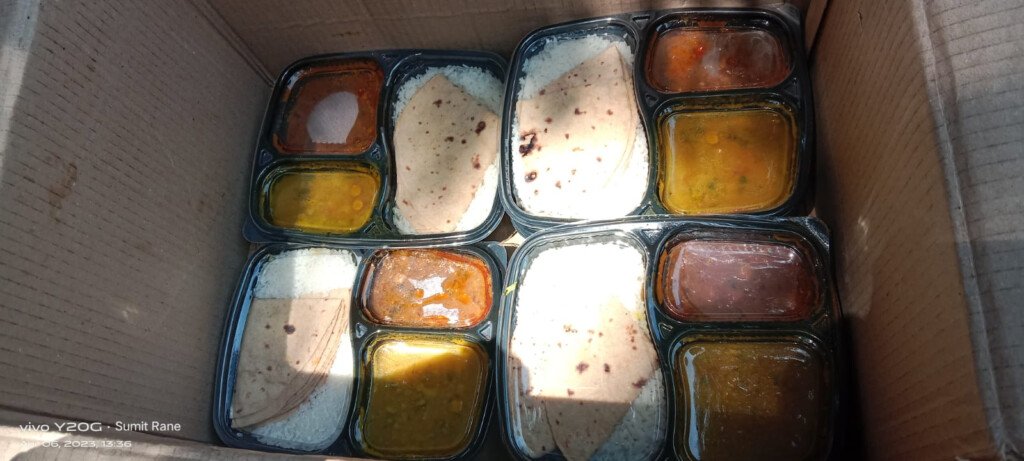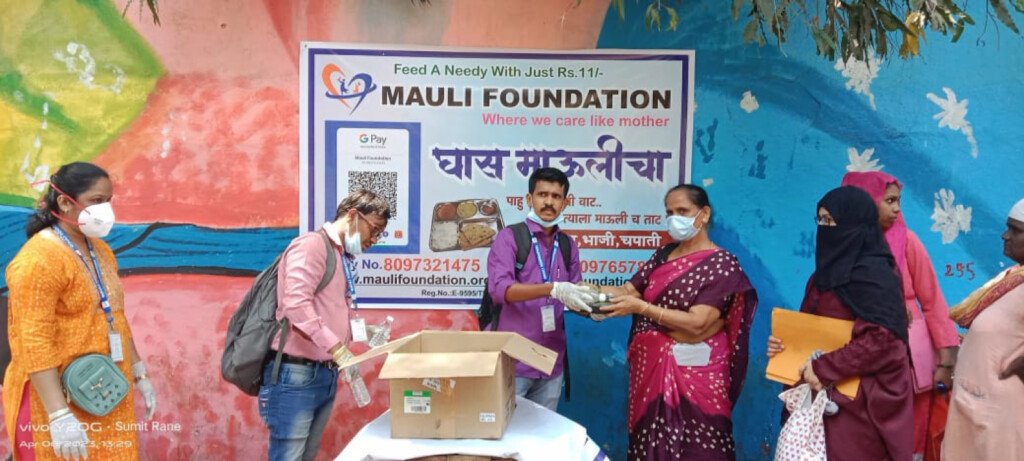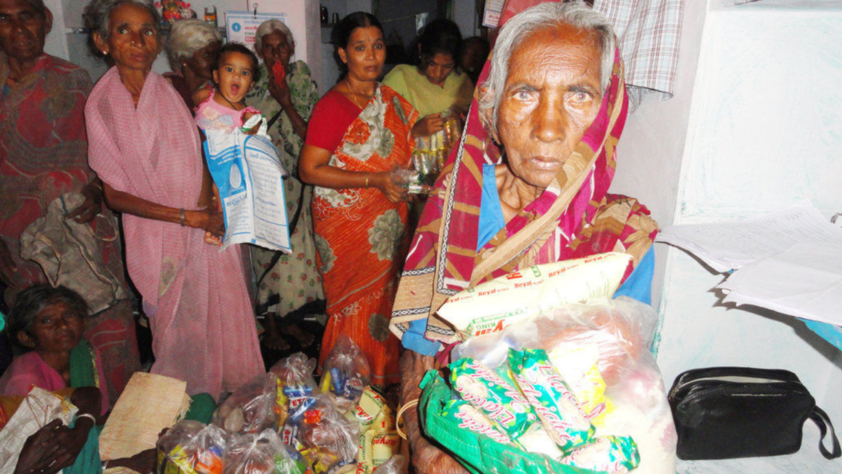
In a world where millions go to bed hungry every night, the simple act of providing a meal can create a ripple effect of hope and change. For those facing hunger and malnutrition, the importance of one nutritious meal goes beyond just filling an empty stomach. It can mean the difference between life and death, strength and weakness, or hope and despair. When we talk about feeding the hungry, we’re not just talking about providing food—we’re talking about offering dignity, restoring health, and giving the chance to dream of a better tomorrow.
In places where resources are scarce, a single meal can alleviate the burdens of survival, freeing individuals to focus on opportunities, education, and personal growth. For children, a meal can fuel their bodies and minds, enabling them to concentrate in school, play with energy, and develop into healthy adults. For families, it means a reprieve from the anxiety of wondering where their next meal will come from. And for entire communities, it’s a stepping stone to breaking the cycle of poverty and building a more prosperous future.
Hunger is not an issue of charity. It is an issue of justice.
Providing a meal might seem like a small gesture, but it carries immense power. For the elderly, the sick, and the vulnerable, it is a lifeline that restores dignity and peace. Malnutrition is responsible for more than 3 million child deaths globally every year, but with consistent access to proper nutrition, children can grow stronger, learn better, and escape the devastating effects of chronic hunger. This is why feeding programs and initiatives, like those by Mauli Foundation’s Annapurna initiative, play such a vital role in transforming lives.
Moreover, access to food can directly impact physical and mental health. Malnourished children are more likely to suffer from cognitive impairments, delayed development, and chronic illnesses that can last a lifetime. Adults, too, face increased risks of disease and shortened life spans. But just one meal can replenish the body, support recovery from illness, and create a foundation for a healthier future. That one meal, when provided consistently, can transform the entire trajectory of someone’s life.


Beyond the immediate physical benefits, the emotional impact of receiving a meal cannot be overstated. For someone who is hungry and helpless, being provided a meal conveys a message: “You matter, and we care.” This message of compassion can uplift spirits, rebuild confidence, and inspire hope. The emotional weight of food insecurity is as real as the physical toll, and by addressing both, we help to restore the whole person.
Giving food is also about empowerment. When families no longer have to worry about where their next meal will come from, they can shift their focus toward long-term goals like education, employment, and self-sufficiency. That single meal, repeated over time, has the power to lift entire communities out of poverty, as people gain the strength and stability to pursue opportunities that were once out of reach.
Here’s how one meal can make a profound difference:
- Improves Health: A nutritious meal helps combat malnutrition, strengthens immunity, and improves overall health.
- Fuels Education: Children who eat are better able to focus and learn, which improves their chances of success in school.
- Strengthens Communities: When individuals are nourished, they can contribute more to their communities and break the cycle of poverty.
- Provides Hope: A meal provides reassurance and reduces the stress and anxiety associated with hunger.
- Restores Dignity: Providing food ensures that those in need are treated with respect and humanity.
In closing, one meal is more than just food on a plate—it’s an opportunity to change a life. It’s the first step toward healing, hope, and a brighter future. Feeding one person might not change the world, but it can certainly change the world for that one person. And when we come together as a community to support the hungry, we create a lasting legacy of compassion, empathy, and transformation.
We have the power to make an impact—one meal at a time.



